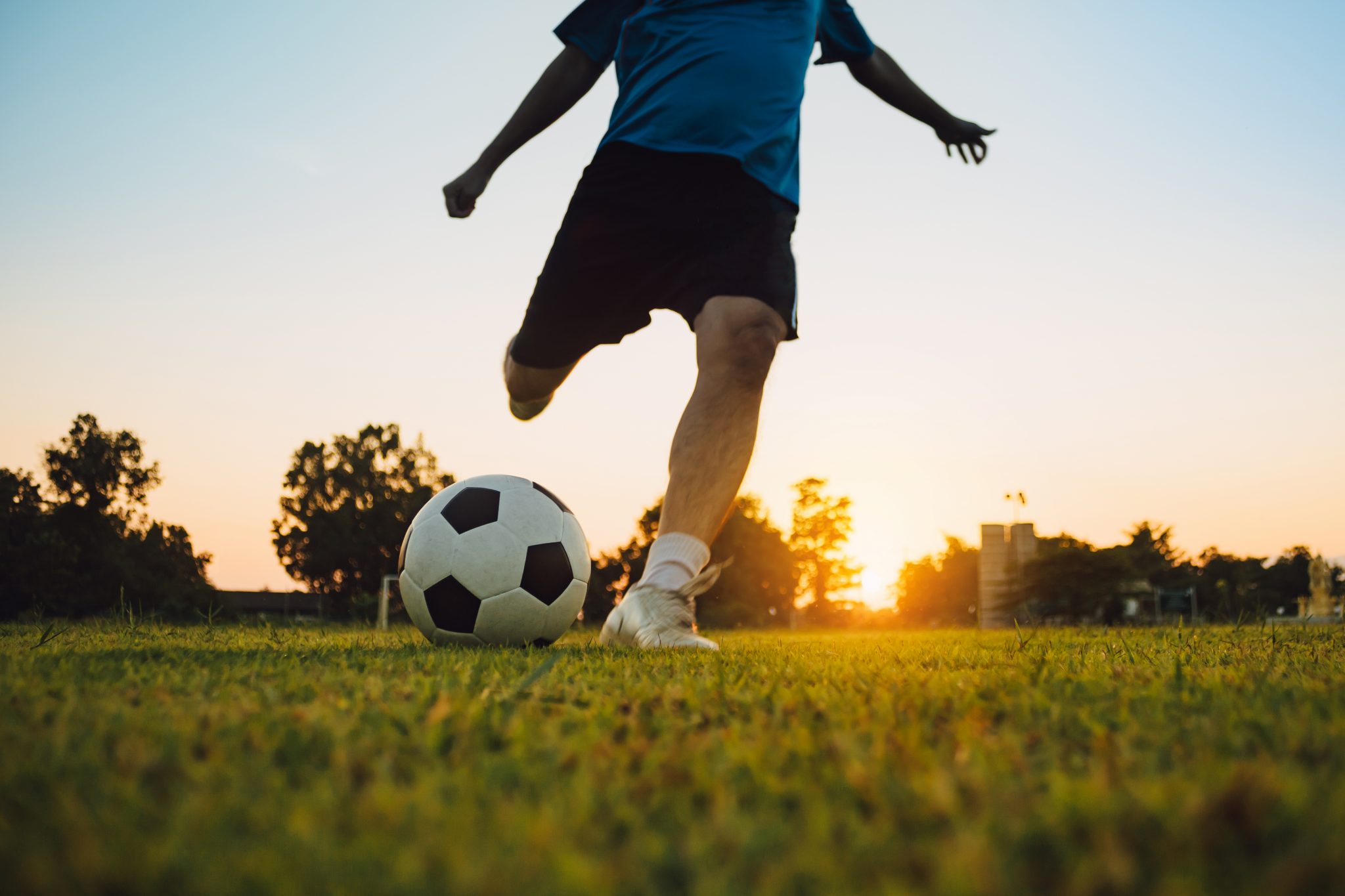A new study has found that soccer, AFL and basketball are listed among the most dangerous sports related to emergency eye trauma.
The ‘Sports-related eye trauma study’, conducted by The Royal Victorian Eye and Ear Hospital (RVEEH), involved a five-year audit of sports-related eye injuries at a tertiary eye hospital in Australia from 2015 to 2020.
From the audit, it was discovered that 54% of eye injuries were attributed to ball sports. It further found that more than 30% of the sample were paediatric patients.
Risk factors for sports-related eye injuries
With the World Cup in full swing (and summer just around the corner!), it’s the perfect time to remind all Aussies of the importance of eye safety when you, or your children, are out enjoying any sports or exercise.
Optometry Australia’s Professional Services Advisor Dom Willson said that while the majority of sports injuries to the eye can be minor, more severe cases can result in permanent eye damage and loss of vision.
“Injuries to the eye from sporting equipment, such as balls or racquets, can lead to blunt trauma of the eye which can involve bruising and, in more severe cases, lacerations, fractures and retinal detachment among other things,” he said.
“If you have received an eye injury, it is crucial that you seek emergency help straight away.”
In competitive ball sports, head clashes between players are extremely common and can result in severe eye trauma. In fact, just last month, popular Tottenham Hotspur soccer star Son Heung-min suffered four fractures to his eye socket after clashing heads with another player during a match. And in March this year, Collingwood’s Mason Cox was given the go-ahead to wear prescription glasses in competitive matches after he sustained an eye injury that resulted in a torn retina. It was during this assessment that surgeons discovered Cox’s other retina was detached following an incident from a previous match.
“While it’s not common to don protective wear during competitive sports preventatively, it could make all the difference in ensuring you retain good vision,” Willson added.
“Regular glasses, sunglasses and contact lenses are not sufficient protective sports eyewear. Instead, wearing eye protection, such as special clear or tinted glasses with polycarbonate lenses, can greatly reduce the severity of eye injuries.
“Accurate vision is crucial for recreational and competitive sports, and we must all take our eye health seriously.
“If you have concerns about this, an optometrist is best placed to give you advice on how you can protect your eyes when it comes to playing sport.”
You can use our Find an Optometrist search tool to make an appointment with your local optometrist today.






